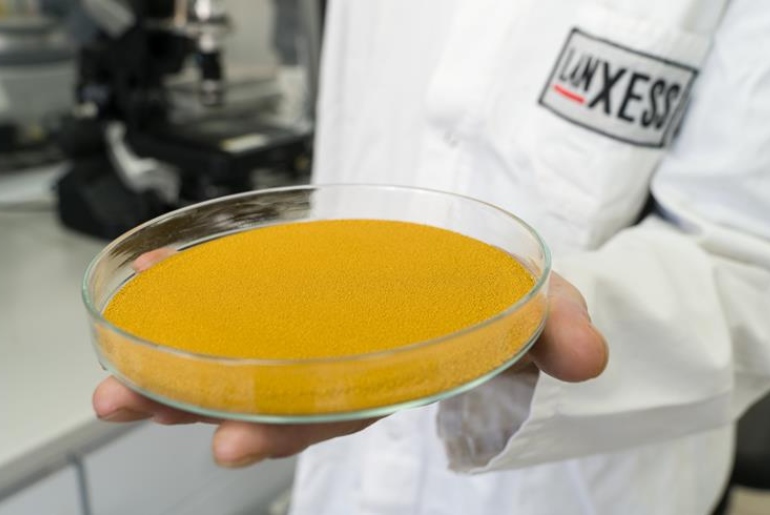A research collaboration in the battery industry has been established between the speciality chemicals business Lanxess and the battery materials maker IBU-tec advanced materials. The two German businesses are working to create novel iron oxides that will be used to produce cathode material for LFP batteries, improving the battery type’s overall performance. The firms want to maximise the energy density, charging rate, and number of cycles of LFP batteries’ electrochemical characteristics.
For their electric vehicles, particularly for volume models, more and more automakers are turning to lithium/iron/phosphate (LFP) batteries, according to Lanxess. By making it nearly difficult for the batteries to burn, LFP technology offers cost advantages of up to 50% over NMC (nickel, manganese, cobalt oxide) and NCA (nickel, cobalt, aluminium oxide) cell chemistry systems. It also promises safer use.
Until 2030, Europe’s LFP market is predicted to expand by 20% annually. However, non-European sources have so far supplied nearly all of this demand. By growing, both businesses hope to lessen the carbon impact of batteries and support the development of a strong, independent value chain in the European LFP battery industry.
The only producer of LFP cathode material in Europe at the moment is IBU-tec, a company headquartered in Weimar, Germany. In Krefeld-Uerdingen, Lanxess has the biggest iron oxide raw material factory globally. The company can provide iron oxide particles for LFP batteries in the necessary size, purity, shape, and numbers because it has nearly a century of experience developing this material.
“IBU-tec is currently the only European manufacturer of LFP cathode materials, the company is the ideal partner for us to develop the new material, which is a key component for batteries in e-cars and stationary energy storage systems. This makes a significant contribution to sustainability and the creation of a battery materials value chain in Europe,” stated Michael Ertl, Head of Lanxess’ Inorganic Pigments business unit.
“With Lanxess, we are gaining one of the largest, globally positioned chemical companies as a strong partner in the battery sector. By pooling our resources and collaborating on product development, we can propel the growth of the European LFP battery industry and create a stand-alone value chain. This collaboration is a critical first step towards market liberalisation in our opinion. In January, IBU-tec will provide updates on significant advancements in the battery industry and new prospects for use,” stated Jörg Leinenbach, CEO of IBU-tec.
In addition to key ingredients for LFP precursors, Lanxess offers many other solutions for electromobility and the battery industry, including raw materials for electrolytes, battery coolants, flame retardants for plastic components in electric vehicles and charging infrastructure, and orange dyes for colouring high-voltage components.

